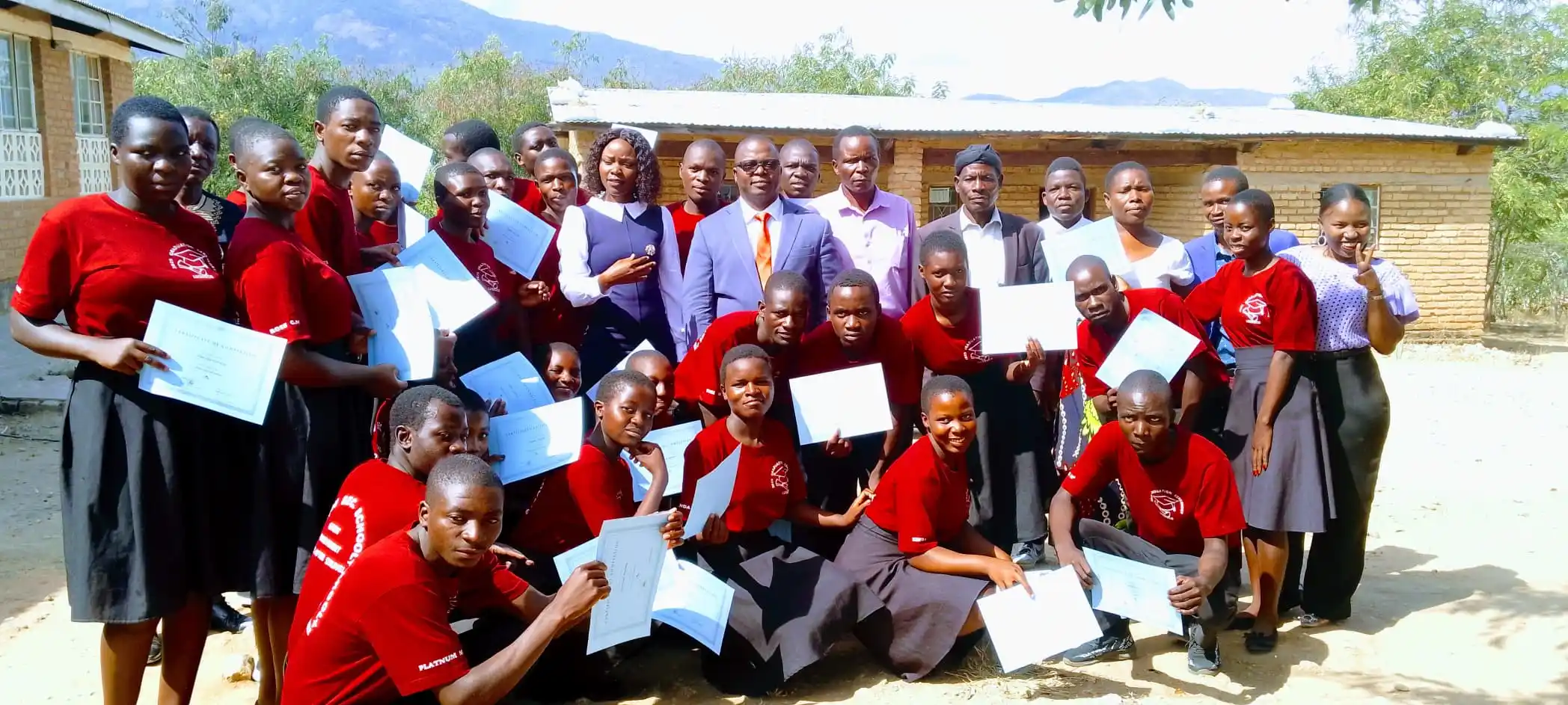
President Lazarus Chakwera has reiterated that his government recognises the importance of prioritising local production of goods and services over consumption.
The President made these remarks on Saturday night at Chikoko Bay State Lodge, Mangochi District, where he hosted a dinner for business leaders. The dinner was sponsored by NBS Bank.
Chakwera stressed that engaging with the business community aimed to honour those who work tirelessly to drive the country’s economy.
He added that Malawi currently faces challenges because the country has long prioritised consumption over local production.
“This is why we need to engage in such meetings frequently to devise ways to increase our local production,” the President said.
He also mentioned that his government is consolidating policies that were conflicted to create clear and mutually beneficial strategies that foster a conducive environment for business growth.
NBS Deputy Chief Executive Officer Temwani Simwaka said the bank has sponsored similar presidential dinners for the past two years.
She said the events aim to facilitate meaningful discussions between business leaders and public sector players.
Simwaka added that a strong relationship between the private sector and those it supports can significantly contribute to economic growth.
“Our bank has been a key government partner, financing projects such as the Lilongwe Interchange. We will continue to support such projects as NBS Bank believes in collective responsibility,” she said.
Vice President of the Malawi Confederation of Chambers of Commerce and Industry, Arnold M’bwana, echoed the sentiments and urged the government to maintain policies that promote increased exports.
M’bwana said a nation’s greatness is not measured by its consumption but by its production capacity.
Year after year, Malawi’s exports remain overshadowed by its imports, highlighting the country’s limited production capacity, which ranks among the lowest globally.
This trend persists despite what experts say are numerous opportunities to locally produce many goods that are currently imported.








0 Comments